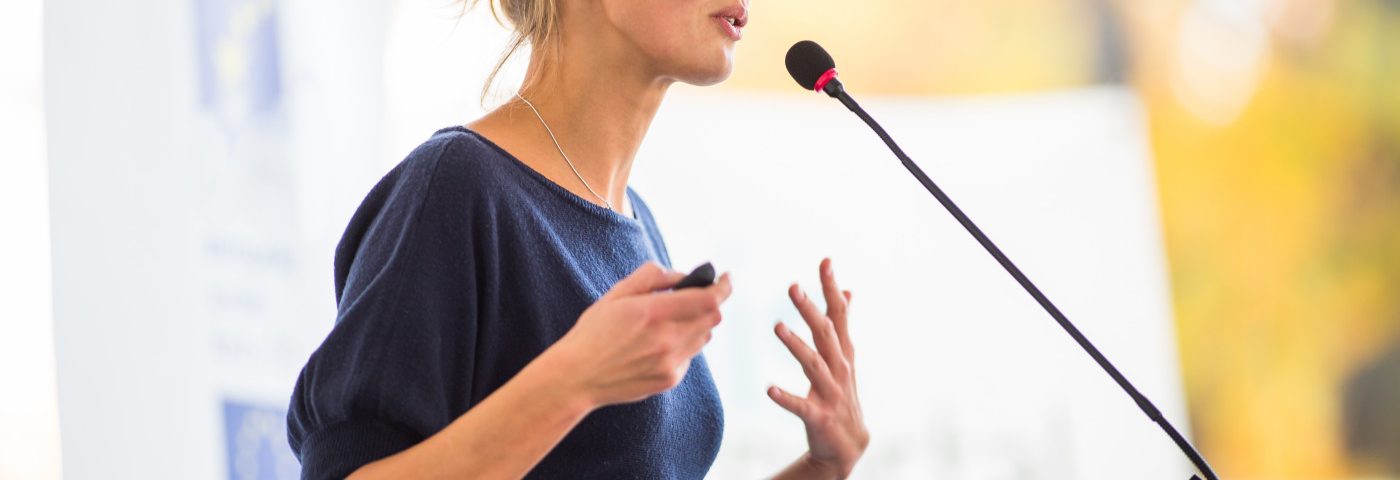Prof. Laurence Zitvogel, an MD and PhD, received the first-ever ESMO Award for Immuno-Oncology in recognition of her innovative and widely recognized achievements in the field of cancer immunotherapy.
The ESMO (European Society for Medical Oncology) Award for Immuno-Oncology will be presented on Dec. 7 during the ESMO Immuno-Oncology Congress 2017 in Geneva, Switzerland, along with a keynote lecture, “Introducing the gut microbiome into the complexity of anticancer immunosurveillance.”
“Prof. Zitvogel’s discoveries in the area of immuno-oncology have served as the foundation for important advances and our understanding of the fundamentals of cancer immunology,” Christopher Zielinski, of the ESMO fellowship and award committee, said in a press release. “In presenting her with this award we are recognizing her preeminent and pioneering role in the field.”
Zitvogel is the scientific director at the Gustave Roussy Cancer Centre in Villejuif, France, and director of the U1015 INSERM Tumour Immunology and Immunotherapy Laboratory. She is also professor of immunobiology at the University of Paris XI Medical School.
Her career is dedicated to advancing the field of cancer immunology and immunotherapy. Zitvogel’s current research is divided into three main areas. First, she is studying different modes of action of immune checkpoint inhibitors and looking for predictors of response to immune-modulation. Second, Zitvogel is trying to characterize how the gut microbiome plays a part in cancer immune-surveillance.
Finally, the researcher is working to identify the molecular mechanisms behind immunogenic cell death, a form of cancer cell death that triggers the activation of T-cells toward the remaining cancer cells.
She directed the work of many post-doctoral fellows and has authored more than 350 publications. She is editor-in-chief and founder of one of the first journals in cancer immunotherapy, “OncoImmunology.”
“I am honored to receive this award, which acknowledges the work of, not only my team and Gustave Roussy colleagues, but also that of the European pioneers who relentlessly paved the way for the relevance of the immune system in long-term cures obtained in patients treated with chemotherapy, radiotherapy and immune-targeted antibodies,” Zitvogel said.
The ESMO Award for Immuno-Oncology was created to recognize outstanding contributions in the field and to commemorate the European pioneer in cancer research and treatment, the founding member and first president of ESMO, Georges Mathé.
ESMO is a leading professional organization with more than 17,000 members from 150 countries worldwide. It is the society of reference for oncology education and information and the organizer of the annual ESMO conferences.


